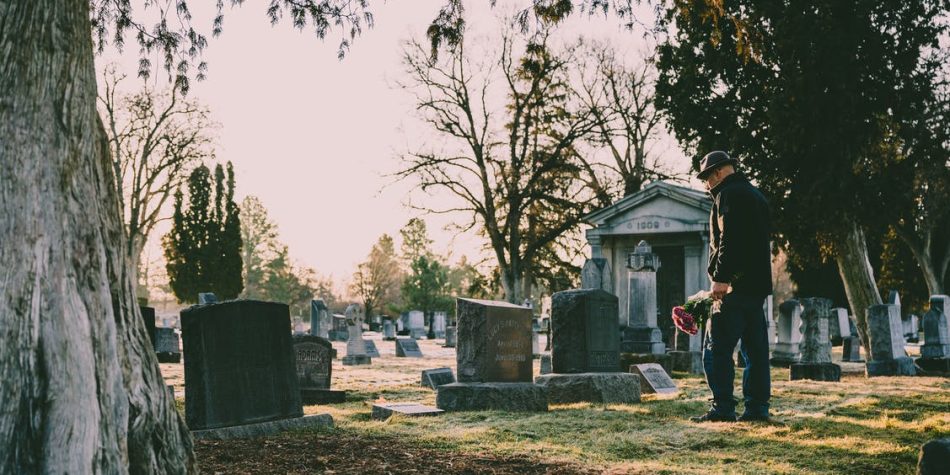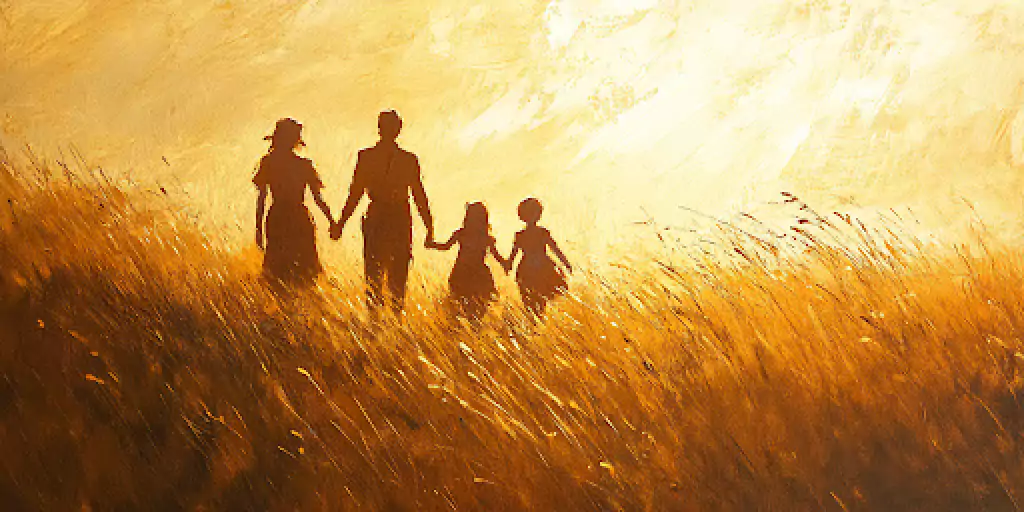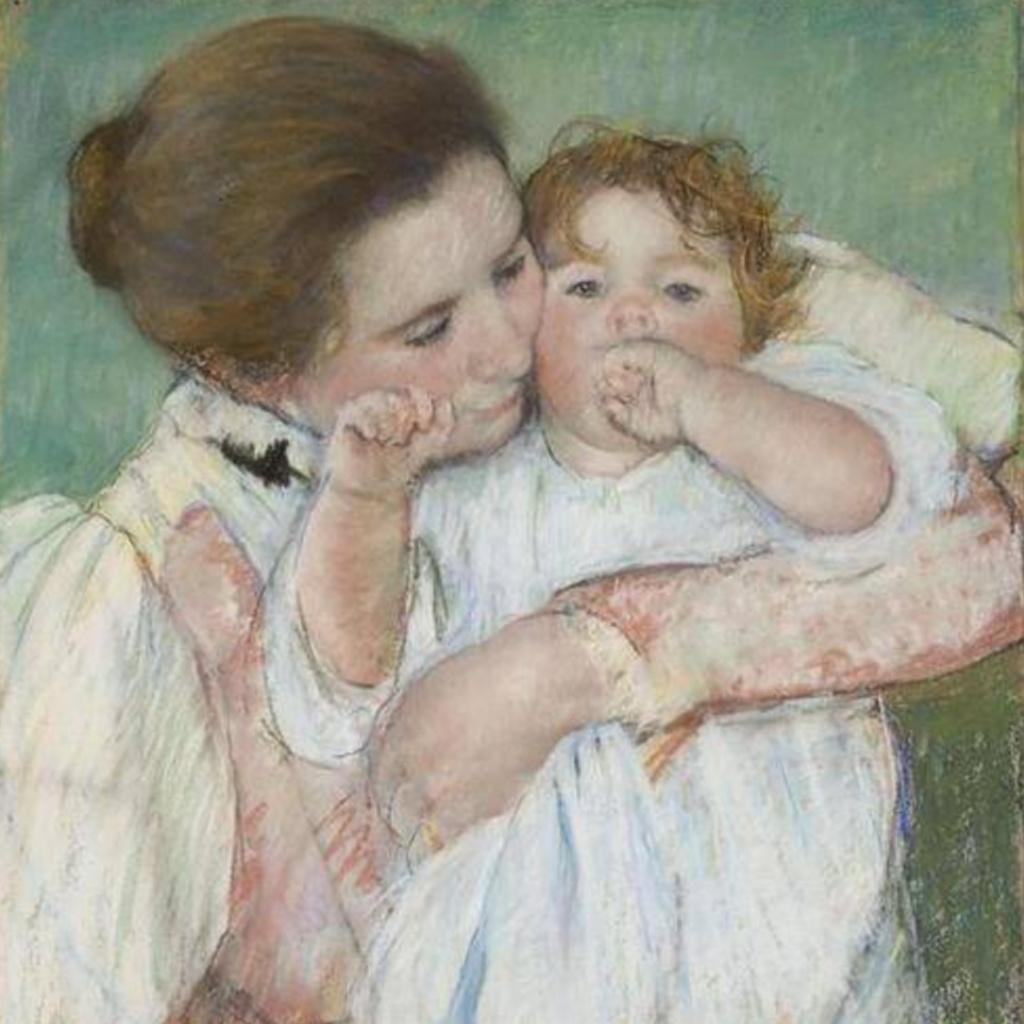Since my mother-in-law died just 10 days prior to a day many Christians call Good Friday, I have wondered just what about the crucifixion of the Messiah is “good.”
Connected to this, I have been intrigued by one Catholic writer’s invitation to not “rush to Easter” but to “stay a while by the cross.” He explains that “true knowledge of ourselves and knowledge of the world leading to the empathy that opens the way to intercessory prayer require that we attend to the scream that goes on and on, Eli, Eli, lama sabachthani?”
To the rational mind, suffering and death are things to avoid at all costs. Most of us keep pain and death as far in the periphery as possible with anything we think will dull the pain of the moment, whether that be pain meds, comfort food, or Netflix. We understand that agony and loss are a part of life. But we secretly hope the famous Book of Mormon prophecy of procrastination (that “tomorrow we die”) proves true. Please no grief or pain today, we pray.
Of course, we think this way partly because we love life, we love our families and friends, and we understandably fear the other side of death. And yet death and rebirth are so much a part of our lives before we die that one would think more of us would recognize the good that comes from suffering and the life we can find in death.
Leo Tolstoy illustrates this wondrously well toward the end of War and Peace. Protagonist Andrei Balkonsky is injured badly in the stomach while in battle. A few days before his death, he dreams he is in a room with a closed door. He gets up to lock the door, sensing that if he doesn’t, this tremendous thing on the other side will enter the room. But Andrei’s weak attempts to lock the door and hold it shut are futile against the supernatural force of death pushing powerfully from the other side. Death has its way and enters the room. Prince Andrei dies. But then he wakes up from his dream with an epiphany.
“Yes, that was death,” he says. “I died—I woke up. Yes, death is an awakening.”
Like Prince Andrei, we don’t want death to get through the door. Death scares us, frightens us, terrifies us. Perhaps our faith and prayers can delay it for a time, if that is God’s will. But in the end death is inevitable, universal and even necessary for growth.
President Russell M. Nelson of The Church of Jesus Christ of Latter-day Saints has said that returning to God “requires passage through—and not around—the doors of death.” The Book of Mormon teaches that the absence of death “would destroy the great plan of happiness”—a truth both paradoxical and stunning to those of us holding tightly to the joys of this world.
We die ten thousand deaths before we are buried.
Death and our happiness are linked by more than just physical death. The late Christian clergyman Eugene H. Peterson wrote about “metaphorical minideaths” that “prepare us for what many Christians make a habit of praying for: a good death.” As he noted, “These minideaths (some of them not so mini)—dead ends, rejections, bewilderments, snubs, abandonments, unanswered questions, wrong turns—are each in turn a shadow of the final death. We die ten thousand deaths before we are buried.” To Peterson’s words, I would add that each metaphorical minideath can be accompanied by an awakening, a kind of mini-resurrection.
I am grateful for death. How far back would I be, I often wonder, without my own mini-deaths and mini-resurrections experienced on the long road of eternal progression?
For example, the day I entered the Provo Missionary Training Center marked the beginning of the end of my innocence and naivete. After saying goodbye to my family and walking away from their warm, secure, familiar embraces, I began to shed the skin of childhood. My tear-filled eyes slowly began to adjust to a brighter light as I immersed myself in God’s word, worked 16-hour days, walked hundreds of miles around eastern Ukraine, saw people so happy with so little, and turned my introverted soul inside out to make myself talk to total strangers about Jesus Christ. All these things involved the death of something insufficient inside of me.
Marriage is another realm of life rife with opportunities for painful but necessary growth. Over the past 12 years, various iterations of the grand lie that my life and my marriage and my family are all about me have died many deaths. The modern zeitgeist says romantic relationships are all about fulfilling personal desires. Not so. As husband, father, Catholic and comedian Stephen Colbert once joked, “Before you get married you think that being married is making love on a mountaintop in a thunderstorm. You know—it’s passion. But then you find out it’s your son throwing up on you for 15 hours [during a road trip].” Marriage itself, especially with the addition of children, is a great school of discipline for the soul. A spouse and children are great revealers. They show me just how little patience I have in trial, how little equipoise I have in suffering, how little control I have over anything.
I have also been shaped in important ways by career. Nine years of working in The Church of Jesus Christ of Latter-day Saints’ public affairs office has changed my inclination to make demigods of others, especially of the Church and its leaders. In its place has come an ever-maturing understanding that God is as broad as humanity, that every soul in this world is His child, that we are all humans who make mistakes—and that we can, if we are willing to be open and vulnerable with each other, find unity and the desire to do the right thing.
These are only a few examples of metaphorical mini-deaths and mini-resurrections in my life. You could list a dozen from your own. All of us are undergoing a constant and mostly imperceptible refinement. When we arise in the morning, we are never quite the same person we were the day before. So long as we are living, there will always be more within us that needs to die. We must give our souls constant attention to overcome the vices that threaten us, just as a gardener must always watch for weeds.
German pastor Dietrich Bonhoeffer taught that “when Christ calls a man, he bids him come and die.” We may not become martyrs like Bonhoeffer was at the hands of the Nazis. But Christ does indeed call our incomplete selves to rebirth, day after day. As the saying goes, “God loves us just the way we are, but He loves us too much to leave us that way.”
In the midst of the dead ends, failures, rejections and unanswered questions that give us grief, we should remember the real possibility of that line from War and Peace: “Death is an awakening.” Without Christ rising on the third day, you and I could not rise after we fall and make any sense out of the shattered glass of our lives.
Jesus Christ is the reason Good Friday is good at all. His darkness is our light. His loss is our gain. His death is our life. In His world, life in its various forms—new beginnings, new experiences, new understandings—always has the last word and is always on the other side of death.
Thank goodness.

















